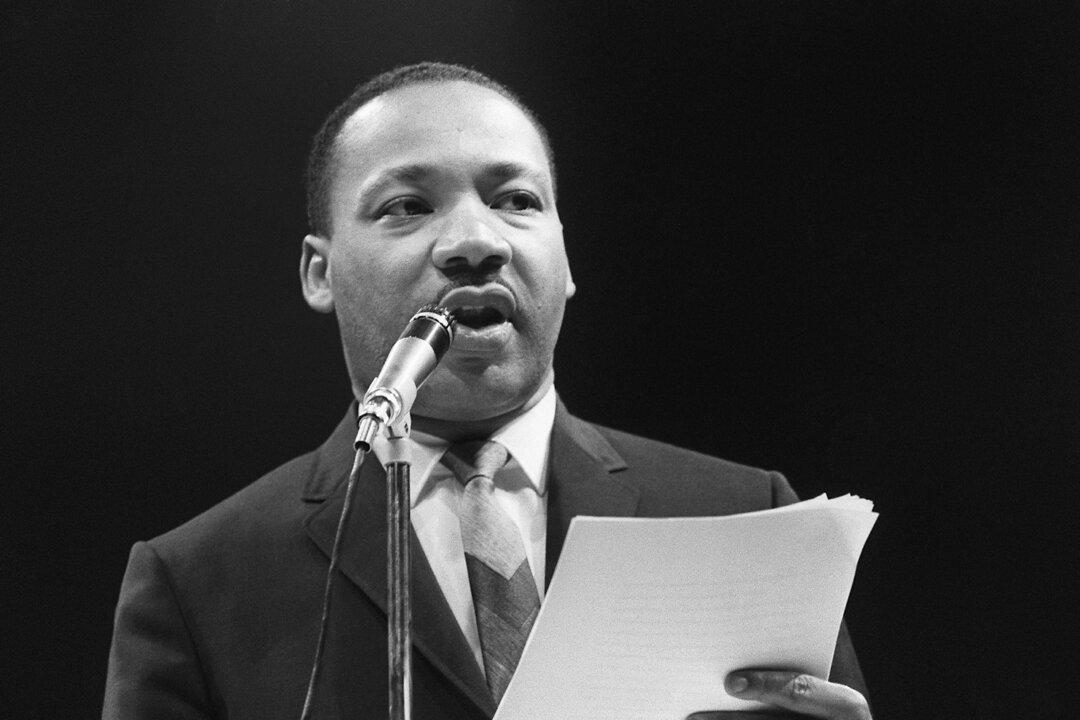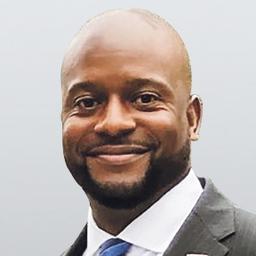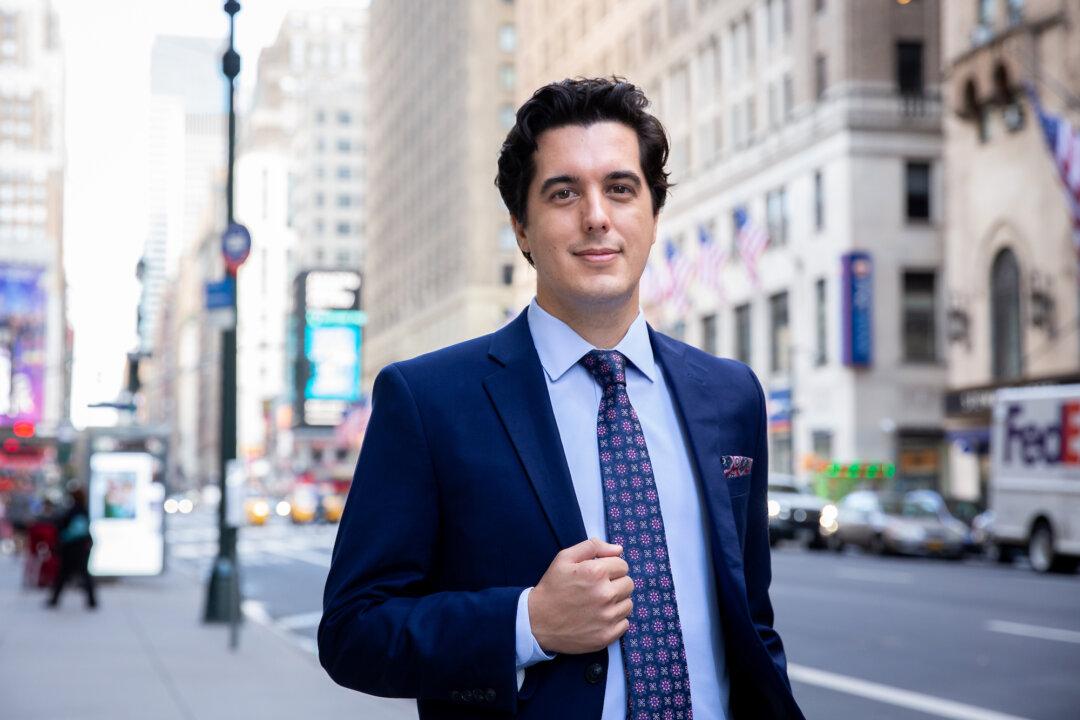Commentary
Each year, America celebrates the legacy and accomplishments of Martin Luther King Jr. And as we watch video clips of the “I Have a Dream” speech and see powerful photos of this civil-rights icon displayed across televisions and editorial pages, we tend to take a facile look at King’s work.





